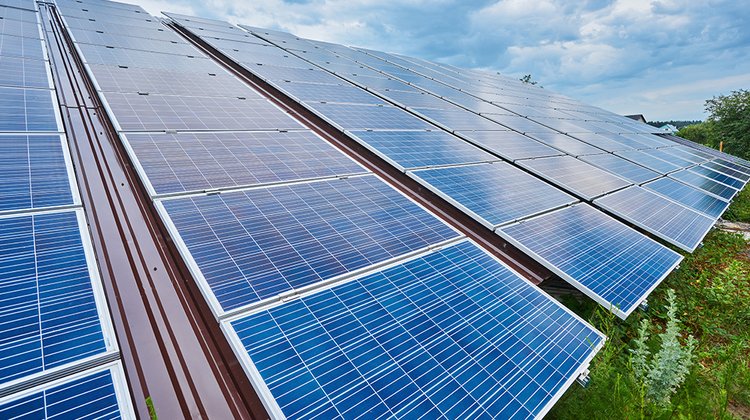Eurostat: Energy from renewables in heating - cooling drops slightly in Cyprus
07:53 - 28 February 2024

In 2022, the share of energy from renewables in heating and cooling continued to rise, with the EU average standing at 24.8%, up 1.8 percentage point (pp) from 2021 (23.0%), according to data released by Eurostat.
The same data shows a 1 pp decrease in Cyprus over the same period. However, the share of energy from renewables in this particular sector remained high at 41.5%, above the EU average. The share is notably lower than the first EU country on the list, Sweden (69.3%), but has increased significantly over the ten preceding years.
Energy for heating and cooling makes up around half of the EU’s total gross final energy consumption.
In absolute terms, the gross final consumption of renewable energy for heating and cooling purposes in the EU has gradually increased over time, mostly due to the contribution of biomass and heat pumps.
In the span of 10 years, the average share of energy from renewables for heating and cooling grew from 18.6% to 24.8% (+6.2 pp).
In Cyprus, during the same period, there was a significant increase in this share, from 21.8% in 2012 to 41.6% in 2022 (+19.8 pp).
Targets introduced by the EU Directive 2023/2413 on the promotion of the use of energy from renewable sources (RED III) require EU countries to increase their annual average share of renewables in heating and cooling by at least 0.8 pp from 2021 to 2025 and by at least 1.1 pp from 2026 to 2030.
Among member states, Sweden led the way when it came to renewables in heating and cooling in 2022 (69.3%), followed by Estonia (65.4%). Both countries use mostly biomass and heat pumps. They are followed by Latvia (61.0%), which relies mostly on biomass.
In contrast, the lowest shares of renewable sources for heating and cooling were recorded in Ireland (6.3%), the Netherlands (8.6%) and Belgium (10.4%).
Compared with 2021, the largest increases were recorded by Malta (+5.2 pp), Luxembourg (+2.5 pp), and Ireland (+1.4 pp).
On the other end of the scale, decreases were registered in Austria (-2.4 pp), Slovenia (-1.2 pp), and Cyprus (-1.0 pp).
(Source: CNA)

